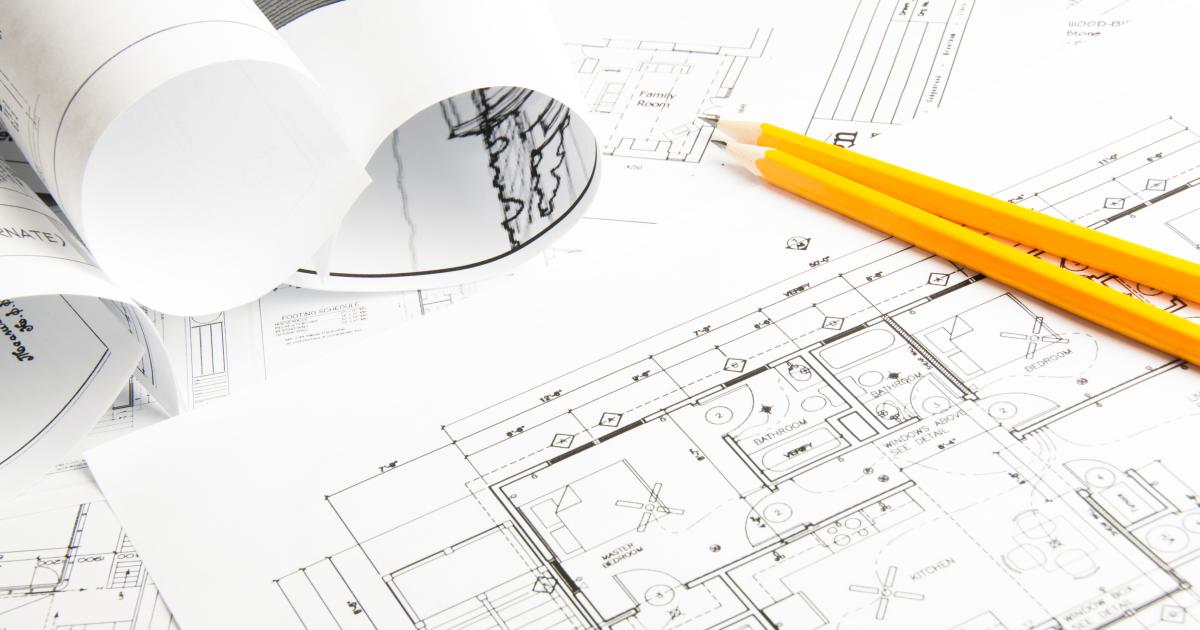In the fast-paced world of construction, time and budget constraints often drive decisions. However, one thing that can’t be overlooked is the value of early planning. Successful construction projects don’t happen by chance; they result from meticulous planning that begins well before breaking ground. Early planning can mean the difference between a project that runs smoothly and one riddled with delays, cost overruns, and unforeseen issues. Early planning in construction can pay off big time. Talk to construction experts about your construction plans. Work with experts through construction management services.
In this article, we’ll explore why early planning is crucial in construction and how it can lead to substantial savings and better outcomes for everyone involved.
Setting Clear Goals and Expectations
Every construction project starts with a vision. However, turning that vision into a reality requires setting clear goals and expectations. Early planning helps define what success looks like for the project. This phase is where you establish the project’s scope, timelines, and budget.
By involving all stakeholders from the outset—whether they’re owners, contractors, architects, or engineers—you can ensure that everyone understands the project’s objectives. Clear communication during the planning phase helps prevent misunderstandings later. When all parties are aligned on the goals, the entire construction process flows more smoothly.
Moreover, early planning allows for a detailed understanding of the project’s requirements. From zoning regulations to environmental concerns, this is the time to address potential issues before they become costly problems.
Budgeting More Effectively
One of the biggest challenges in construction is staying within budget. Poor planning often leads to budget overruns, causing stress for both the client and the construction team. However, by focusing on early planning, you can develop a more accurate budget that accounts for potential risks and unexpected costs.
During the early planning phase, you can conduct a thorough cost analysis. This includes estimating materials, labor, and equipment expenses. Early identification of any potential issues helps you allocate funds more effectively and prevents surprises down the line.
Additionally, early planning gives you time to explore alternative materials or methods that might save money without compromising quality. This cost-saving approach can have a significant impact on your overall budget, allowing you to invest in other areas of the project.
Identifying Risks Early
Every construction project comes with its share of risks, from weather delays to supply chain issues. Early planning helps you identify these risks long before they can derail your project. Risk management should be a key component of any construction plan, and starting early gives you more time to develop strategies to mitigate potential problems.
By planning early, you can account for risks such as material shortages, labor availability, or regulatory hurdles. This foresight allows you to adjust timelines, budgets, or even the design itself to minimize potential disruptions.
For example, if you anticipate a shortage of a particular material, early planning allows you to secure alternatives or make purchasing arrangements ahead of time. This proactive approach helps keep your project on track and within budget.
Streamlining the Design Process
The design phase is a critical part of any construction project. Rushing through this phase can lead to design flaws, miscommunication, and expensive changes down the line. Early planning gives architects and engineers the time they need to fully understand the project and develop designs that meet the client’s needs.
A comprehensive early planning process includes gathering input from all relevant stakeholders. This collaborative approach helps ensure that the final design reflects the needs and expectations of everyone involved. Additionally, early design planning allows for thorough reviews and revisions, which can help eliminate costly design errors later in the construction process.
Moreover, when the design phase is properly planned and executed, it leads to fewer change orders. Change orders can significantly disrupt the project timeline and increase costs, so minimizing them through early design planning is critical.
Improving Scheduling and Efficiency
Time is money in construction. The longer a project takes, the higher the labor costs and overhead. Effective early planning allows for a more realistic schedule that accounts for all aspects of the construction process, from obtaining permits to final inspections.
Early planning gives you a chance to map out the entire timeline of the project. This includes coordinating subcontractors, ordering materials, and scheduling inspections. Having a well-thought-out schedule reduces downtime and ensures that each phase of the project flows into the next without delays.
For example, if certain materials have long lead times, early planning allows you to order them in advance. This way, you won’t experience delays waiting for materials to arrive. Proper scheduling also helps avoid bottlenecks, where multiple trades are trying to work in the same space at the same time, causing inefficiencies.
Securing Permits and Approvals
Construction projects often require permits and approvals from local authorities. Depending on the project’s scope and location, securing these permits can take time and involve multiple agencies. Early planning ensures that you have enough time to navigate the permitting process without causing delays in the construction schedule.
By starting the permit process early, you can address any concerns or requirements from the authorities in advance. This reduces the risk of work stoppages due to incomplete or delayed permits. In some cases, early planning can even identify potential zoning or land-use issues that could affect the design or scope of the project.
Securing permits and approvals early also helps establish a good relationship with local authorities, which can be beneficial throughout the project.
Enhancing Collaboration Among Stakeholders
One of the greatest advantages of early planning is the ability to foster collaboration among all stakeholders. When everyone involved in the project has a chance to provide input from the beginning, it leads to better communication, fewer surprises, and a more cohesive construction process.
Early planning meetings allow contractors, architects, engineers, and clients to discuss their roles and responsibilities. By clearly defining each party’s expectations and contributions, the project can move forward with fewer disputes or misunderstandings.
Involving key stakeholders early in the process also means that any potential issues can be addressed collaboratively. For example, if a contractor foresees a challenge with the design, early planning allows time for the architect or engineer to make adjustments before construction begins. This proactive approach minimizes conflicts and improves project outcomes.
Reducing Environmental Impact
Sustainability is a growing concern in the construction industry, and early planning plays a crucial role in reducing a project’s environmental impact. By considering energy-efficient materials, water conservation systems, and waste reduction strategies during the planning phase, you can design a project that is both environmentally friendly and cost-effective.
Early planning gives you time to research sustainable materials and explore energy-efficient technologies. It also allows for thoughtful site planning, which can minimize the project’s impact on the surrounding environment. By incorporating sustainable practices from the beginning, you not only reduce the project’s environmental footprint but also appeal to clients who value eco-friendly designs.
Moreover, energy-efficient designs and materials can lead to long-term savings for the project owner. Early planning helps identify these opportunities for cost and energy savings early in the design process.
Avoiding Costly Rework
One of the biggest challenges in construction is dealing with rework—having to redo parts of the project due to errors or miscommunication. Rework not only increases costs but also causes delays and disrupts the entire project flow. Early planning helps avoid this problem by ensuring that everything is clearly defined from the start.
When designs, budgets, and timelines are carefully planned and agreed upon early in the process, there is less room for misinterpretation or mistakes. This reduces the likelihood of errors that could lead to rework. By preventing mistakes before they happen, you save both time and money, allowing the project to move forward without unnecessary setbacks.
Conclusion
Early planning in construction is one of the most effective ways to ensure project success. By taking the time to set clear goals, create realistic budgets, and identify potential risks, you can avoid many of the common pitfalls that derail construction projects. Proper planning also improves communication, enhances collaboration, and leads to better design and efficiency.
Ultimately, investing in early planning pays off big time. It saves money, prevents delays, and delivers a higher-quality project. Whether you’re a contractor, architect, or client, prioritizing early planning sets the stage for a smooth, successful construction process. Early planning in construction can pay off big time. Talk to construction experts about your construction plans. Work with experts through construction management services.


